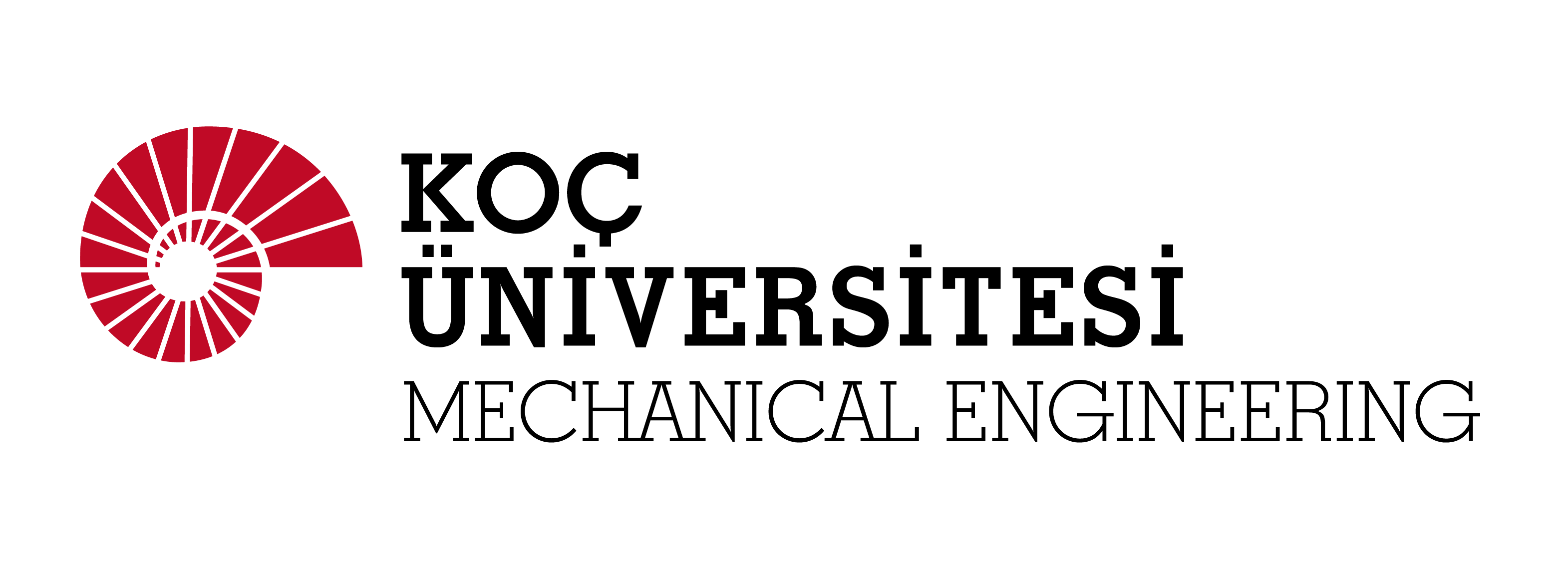MECHANICAL ENGINEERING MS THESIS DEFENSE BY BURAK TOSUN
Title: Quality Failure Detection Technique in Simultaneous and Sequential Multi-Valve Plastic Injection Molding
Speaker: Burak Tosun
Time: September 23, 2022, 13:00
Place: Online Meeting via Zoom
Thesis Committee Members:
Prof. Dr. Ismail Lazoğlu (Advisor, Koç University)
Prof. Dr. Murat Sözer (Koç University)
Prof. Dr. Mustafa Bakkal (Istanbul Technical University)
Abstract:
The plastic injection (PI) process has the nonlinear and time-varying complex dynamic characteristics of the batch processes, and the continuity of the process depends on the long-term experienced and skilled operators. The increase in the design complexity requirements, the use of new materials to reduce environmental effects, and energy consumption minimization requirements increase the control studies about PI. Failure detection in the PI process is critical for increasing the automation level of the process and reducing the scrap rate. In recent years, quality failure detection methods and smart injection strategies have been developed and utilized in PI to increase control over the process. This thesis mainly focused on developing failure detection techniques for simultaneous and sequential multi-valve PI molding. Three main criteria are questioned in the proposed method: high quality failure detection rate, sustainability in the production, and feedback substructure. Different trials are conducted, and an iterative approach is used to construct the method. Confusion matrices and hypothesis evaluation metrics such as accuracy (Acc), precision (Pr), and sensitivity (Sn) are used to measure the proposed technique’s success. An iterative approach is used to satisfy the criteria, and studies started with time series-based approaches. Time series approaches neither have feedback substructure nor sustainability. Therefore, data windowing approaches are implemented, and criteria are satisfied. Cavity sensors (CS) and valve timings are the primary sources of information, and the only collected input from the injection molding machine (IMM) is the injection start signal. Thus, a failure detection method that is independent of the IMM is proposed in this study.
Quality failure detection in multi-valve PI molding is presented in this study. Timings of the valves are collected via a programmable logic controller (PLC), while sensor outputs are collected with a custom-developed data acquisition device (ADCR). Collected sensor profiles and timing information are matched and transferred to the electrical panel, which can store, analyze, and configure the upcoming data. Labeled data is used to construct a learning-based failure detection algorithm and valve time feedback. The study focuses on analyzing the cavity pressure (CP) sensor and derivative profiles with the sliding data windowing technique. Additionally, the labeled time series CP profile is analyzed with Python’s Time Series Feature Extraction on Basis of Scalable Hypothesis library (TSFRESH), and the most critical parameters are evaluated and selected for the learning algorithm. To evaluate the quality of the product, features are extracted from the windowed CP sensor profile, windowed pressure derivative profile, cavity temperature (CT) sensor, valve opening times, and TSFRESH. Different learning algorithms such as k-nearest neighbor (KNN), support vector classifier (SVC), and logistic regression (LR) are used for failure detection. Thus, a learning algorithm is created, and a new method that has high quality failure detection rate, sustainability in production, and feedback substructure is proposed for multi-valve PI processes.
